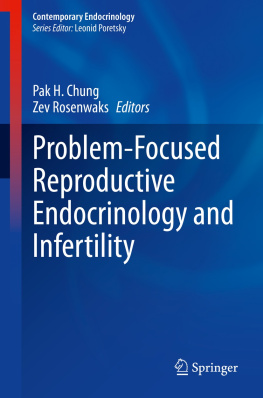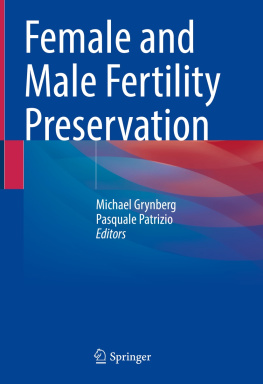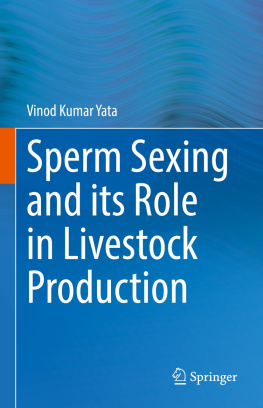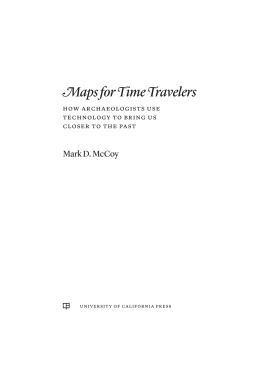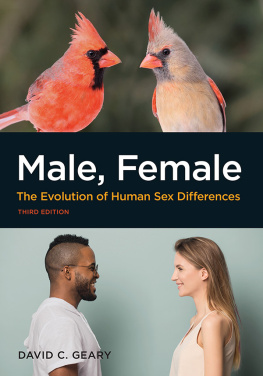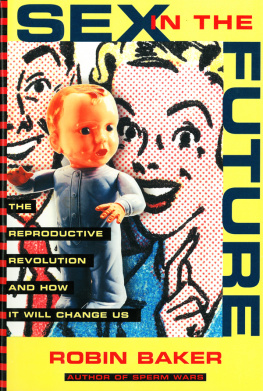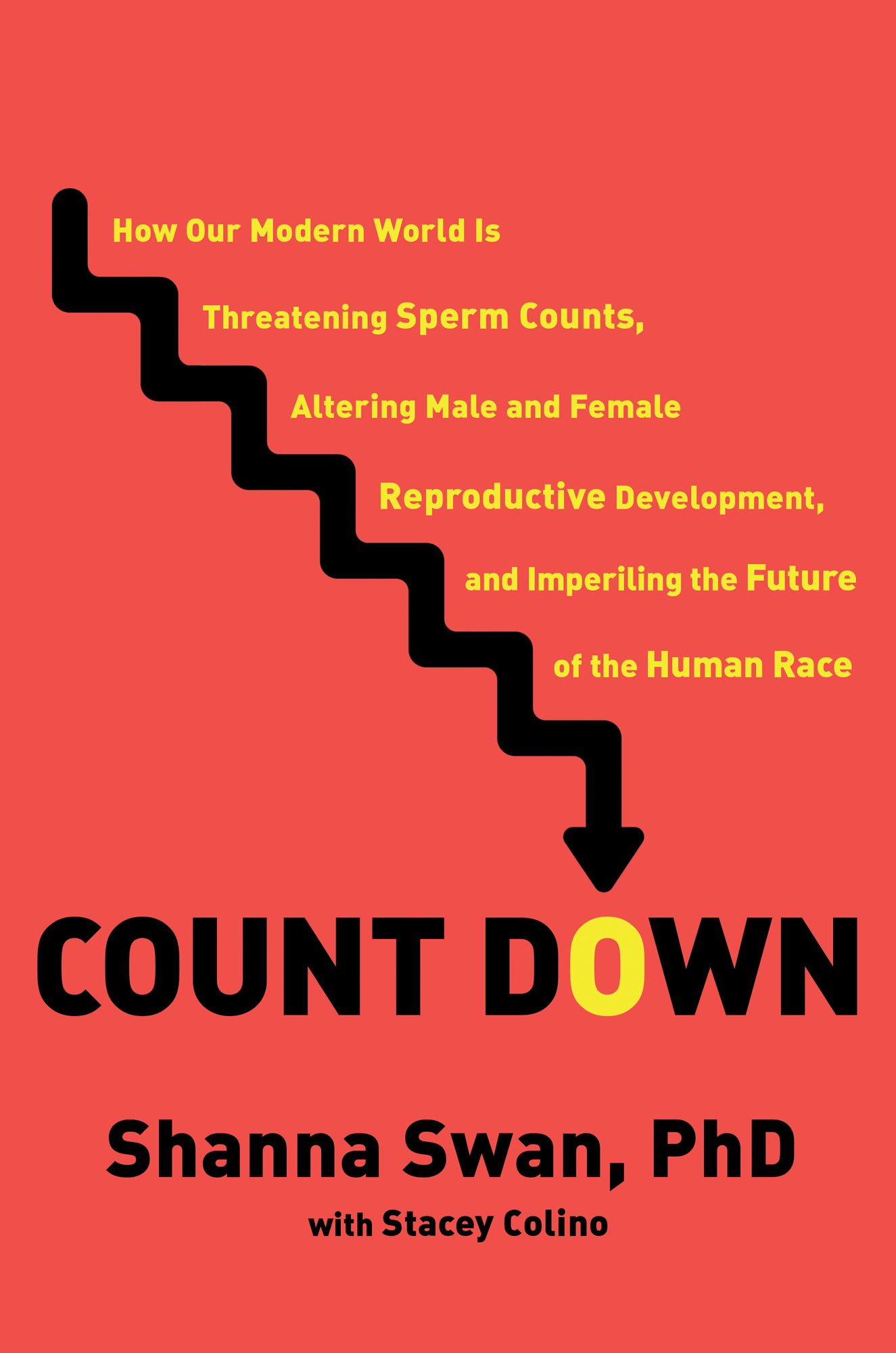Contents
Guide
More Praise for
COUNT DOWN
Count Down is that rarest of books: a compelling and engaging overview that not only rings the alarm bell but provides ideas for putting out the fire. Read this book if you want to protect your familys health.
Rick Smith, coauthor of Slow Death by Rubber Duck
Exposes the tacit bargain weve all struck. In exchange for the convenience of using in every aspect of our lives more and more plastics as well as non-FDA-approved chemicalsthats most chemicals, by the wayweve forfeited not just our own reproductive health but our childrens. Swan lays bare this tragically bad deal in her powerful, page-turning Count Down. Read it.
Richard J. Jackson, MD, Director Emeritus, CDC National Center for Environmental Health
Illuminates how our modern world is threatening our very existence. An eye-opening book that will leave you eager for individual and society-wide changes to begin today.
Nicole Avena, PhD, author of What to Eat When You Want to Get Pregnant
Compellingly readable a stirring call to action about the dangers posed by declining fertility, including the risks to our health, our economy, and even the future of the human race.
Jeremy Grantham, cofounder of the investment management firm GMO and the Grantham Foundation for Protection of the Environment
Remarkable Swan illuminates the grave dangers posed by a class of manufactured chemicals called endocrine disruptorswhich are produced each year in the millions of tons and incorporated into innumerable consumer products. A powerful book whose message must be heeded by policy makers and the publicbefore it is too late.
Philip J. Landrigan, MD, MSc, founding director of Boston Colleges Global Public Health program
Scrupulously illuminates the vast control that reproductive hormones have over matters sexual and the role that endocrine-disrupting chemicals play in undermining it. This book should inspire all who read it to insist on EDC testing and regulations that quickly restructure chemical commerce into a form we can all live with.
Terrence J. Collins, Teresa Heinz Professor in Green Chemistry, Carnegie Mellon University
Eloquent Reveals that humans are now effectively becoming an endangered species. Dr. Swan offers important recommendations to counter our declining fertility that wed all do well to follow.
Bruce Blumberg, PhD, professor at the University of California, Irvine, and author of The Obesogen Effect

Scribner
An Imprint of Simon & Schuster, Inc.
1230 Avenue of the Americas
New York, NY 10020
www.SimonandSchuster.com
Copyright 2020 by Shanna H. Swan
Note to the readers: The names and certain identifying characteristics of those who shared their personal stories have been changed.
All rights reserved, including the right to reproduce this book or portions thereof in any form whatsoever. For information, address Scribner Subsidiary Rights Department, 1230 Avenue of the Americas, New York, NY 10020.
This Scribner export edition February 2021
SCRIBNER and design are registered trademarks of The Gale Group, Inc., used under license by Simon & Schuster, Inc., the publisher of this work.
For information about special discounts for bulk purchases, please contact Simon & Schuster Special Sales at 1-866-506-1949 or .
The Simon & Schuster Speakers Bureau can bring authors to your live event. For more information or to book an event, contact the Simon & Schuster Speakers Bureau at 1-866-248-3049 or visit our website at www.simonspeakers.com.
Interior design by Wendy Blum
Jacket design by Jaya Miceli
Jacket artwork by Emrvectors/iStock/Getty Images Plus
ISBN 978-1-9821-5929-0
ISBN 978-1-9821-1368-1 (ebook)
For our children and grandchildren
PROLOGUE
Its hardly a news flash that human beings often take things for granted. Fertility is no exceptionunless people discover they have a problem in this area. As with having access to basic necessities and certain fundamental freedoms, many people take it as a given that theyll be able to have babies when the time is right and help perpetuate the species. All of these assumptions reside under the notion that we dont always appreciate what weve got till its gone, as folk singer/songwriter Joni Mitchell suggested in her hit song Big Yellow Taxi.
Its difficult enough for a man or a woman, when experiencing reproductive disorders or fertility troubles, to accept that he or she may not be able to have children. Now theres an even greater challenge as human beings collectively are forced to contend with some dismaying biological realities. In Western countries, sperm counts and mens testosterone levels have declined dramatically over the last four decades, as my own research and that of others has found. Also, increasing numbers of girls are experiencing early puberty, and grown women are losing good-quality eggs at younger ages than expected; theyre also suffering more miscarriages. Its no longer business as usual when it comes to human reproduction.
Other species are suffering, too. Theres been a rise of abnormal genitals in wildlife, including unusually small penises in alligators, panthers, and mink, as well as an increase in fish, frogs, birds, and snapping turtles that have both male and female gonads or ambiguous genitalia. At first glance, these issues may seem like bizarre anomalies or cruel tricks from Mother Naturebut theyre all signs that something very wrong is happening in our midst. Exactly what that culprit is continues to be hotly debated, but evidence pointing to likely suspects is mounting on a regular basis.
This much is clear: The problem isnt that something is inherently wrong with the human body as it has evolved over time; its that chemicals in our environment and unhealthy lifestyle practices in our modern world are disrupting our hormonal balance, causing varying degrees of reproductive havoc that can foil fertility and lead to long-term health problems even after one has left the reproductive years. Similar effects are occurring among other species, adding up to widespread reproductive shock. Simply put, were living in an age of reproductive reckoning that is having reverberating effects across the planet.
If these alarming trends continue unabated, its difficult to predict what the world will look like in a hundred years. What does this dramatic decline in sperm count portend if it stays on its current trajectory? Does it signal the beginning of the end of the human raceor that were on the brink of extinction? Does the environmental emasculation of wildlife suggest that the earth really is becoming much less habitable? Are we on the verge of experiencing a global existential crisis?
These are good questions, and we dont have clear answers to them, at least not yet. But pieces of the puzzle are being put together, as youll see in the chapters that follow. Youll learn more about the breadth of these scary declines in sperm counts and other aspects of reproductive function, as well as the factors that are likely to blame for these unfortunate effects in human beings and other species, based on scientific research.
The following is clear: The current state of reproductive affairs cant continue much longer without threatening human survival. Current levels of sperm counts and concentrations, and decreased fertility, are already posing serious threats to Western populations, on both ends of the human life span: infertility is linked to an increased risk of certain diseases and earlier death in both men and women, while leading to a decrease in the number of children born over time. Obviously, this isnt a healthy scenario for


